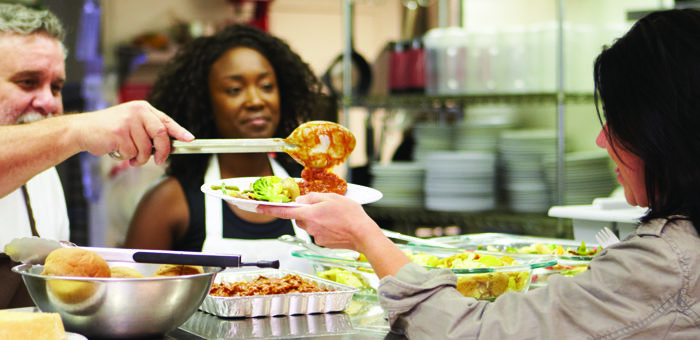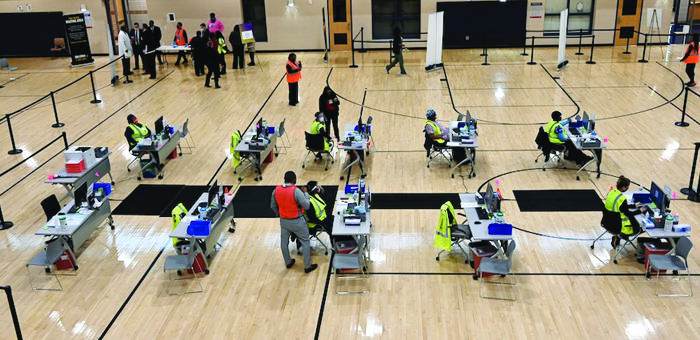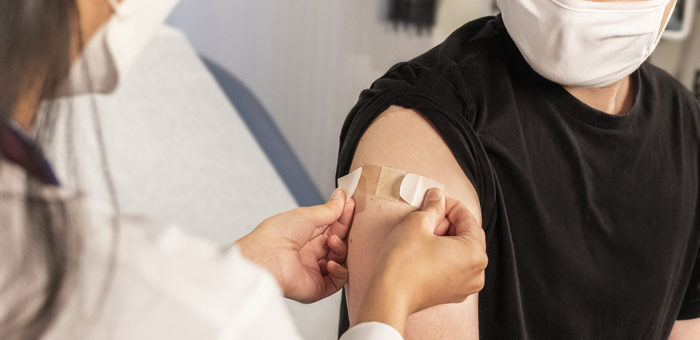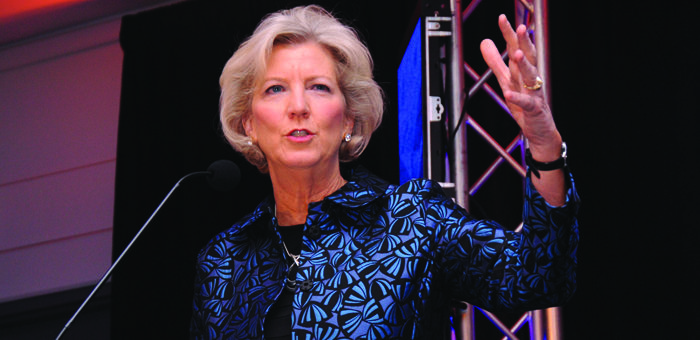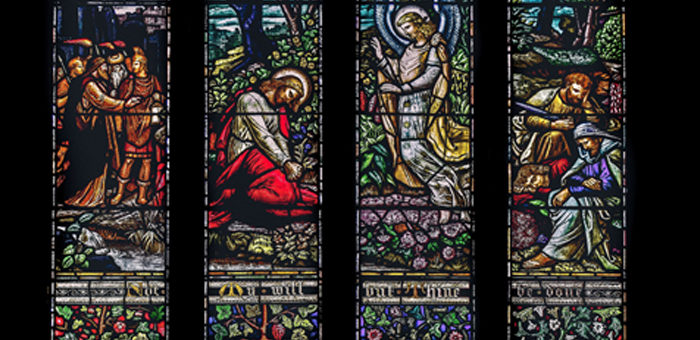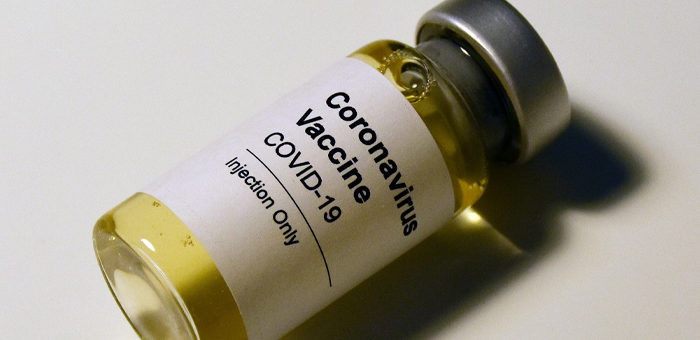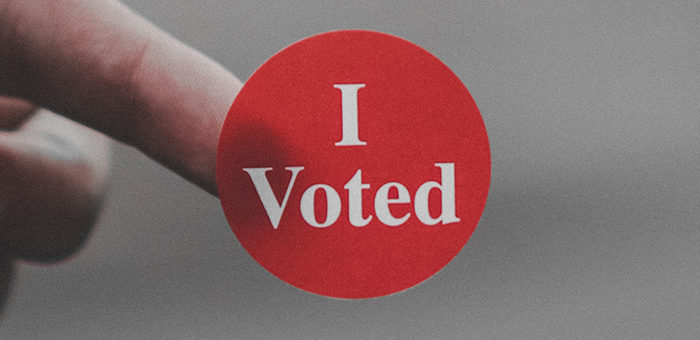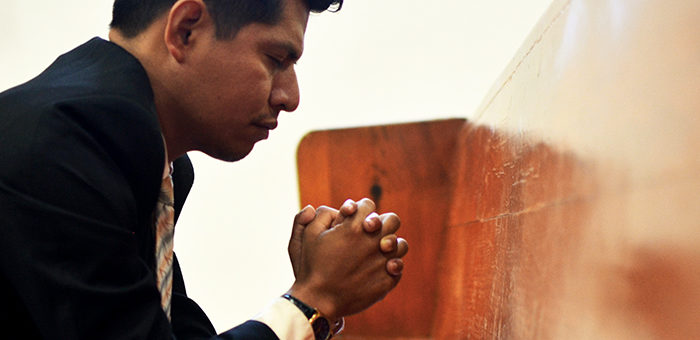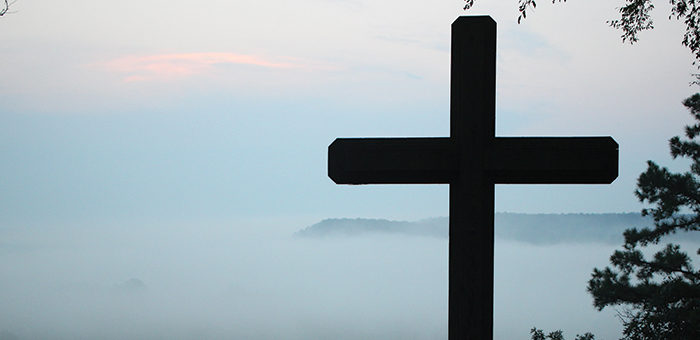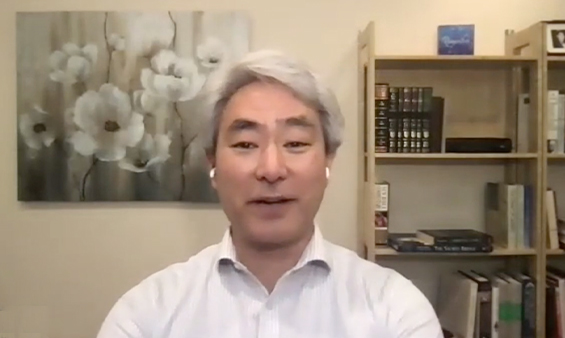
According to the January Evangelical Leaders Survey, an overwhelming majority (95 percent) of evangelical leaders said they would receive a COVID-19 vaccination when it becomes available to them. This is much higher than the general public in which roughly a quarter are reluctant to get the vaccine. A very high percentage (89 percent) of evangelical leaders also said they would encourage others to get the vaccine.
Walter Kim, president of the National Association of Evangelicals (NAE), said, “While some have concerns about the newness of the vaccine, possible side effects or efficacy, a careful look at the science behind the vaccines is convincing and the Christian ethic to love is compelling.”
Kim recently hosted a podcast conversation with Dr. Francis Collins, director of the National Institutes of Health and a devoted Christian, in which they discussed safety, efficacy and ethical questions related to the vaccine. In their survey responses, other evangelical leaders noted that the body of evidence for vaccination is adequate to not only get the vaccine but to encourage others to do so.
In addition to the scientific support, many evangelical leaders described the Christian obligation to care for others as a main motivation in receiving the vaccine. Leaders also noted how they look forward to things returning to normal, both personally and for their ministry or work.
“On a practical level, I travel internationally so it will most likely be required for me to get the vaccine,” said Greg Williams, president of Grace Communion International. “But in the same way that we encourage people to wear masks and social distance, we will speak to the vaccination issue as a means for self-care as well as being mindful of others. COVID-19 has demonstrated that we are a global community and as Christians we must hear the call to be our neighbor’s keeper.”
Nicole Martin, vice president of church engagement at the American Bible Society, emphasized that acceptance of the COVID vaccine will be “especially important for vulnerable communities and people of color.”
Gabriel Salguero, president of the National Latino Evangelical Coalition, added, “COVID-19 has disproportionately impacted communities of color and as such many evangelicals of color are at the forefront of promoting vaccination in our communities. In addition, the historic distrust given adverse experiences with health services needs to be overcome and healed.”
Carla Sunberg, general superintendent at Church of the Nazarene, noted that promoting vaccination and other public health measures is not the same as giving medical advice, and that people should consult their doctors. “I am very much in favor of the vaccine. At the same time, church leaders should not step into the medical realm in terms of encouraging individuals to get the vaccine for whom it may not be prudent. I think churches can certainly encourage people to take it for the sake of others, but be careful to not give personalized medical advice,” she said.
Kim said, “With great hope, we look forward to the day that we can break bread together in one another’s homes, give hugs to those who feel isolated, and otherwise care for one another in the normal ways that we have missed. This is a step in that direction and an answer to our prayers.”
The Evangelical Leaders Survey is a poll of the Board of Directors of the National Association of Evangelicals. They include the CEOs of denominations and representatives of a broad array of evangelical organizations including missions, universities, publishers and churches.



 View All Surveys
View All Surveys 